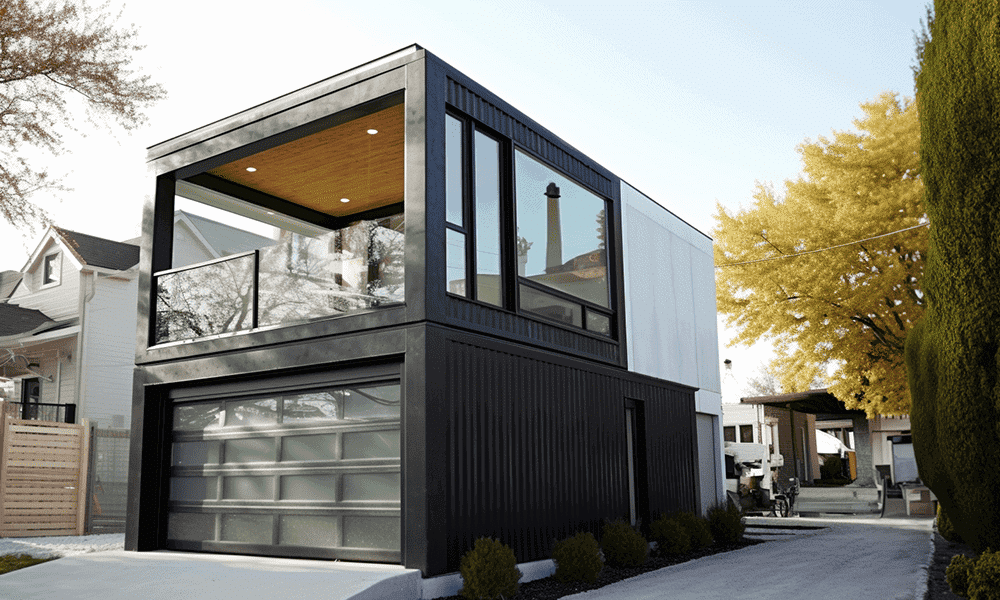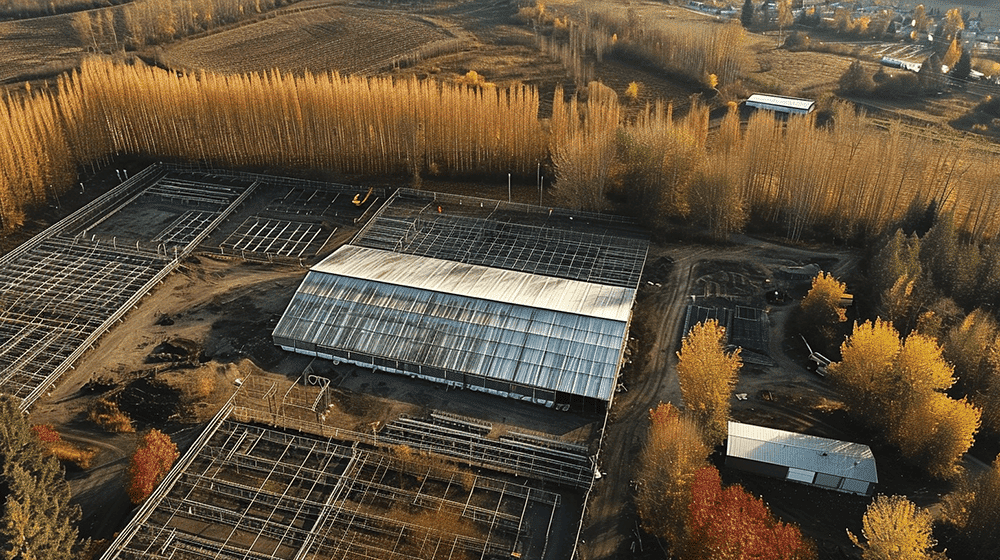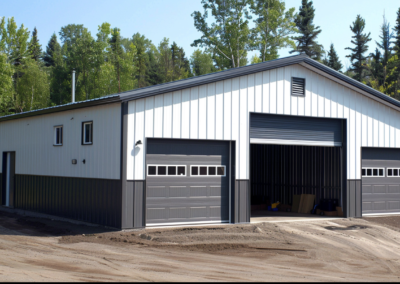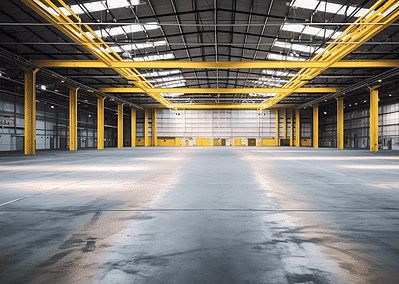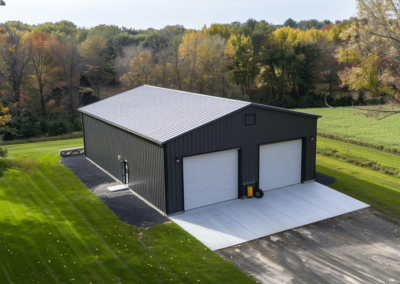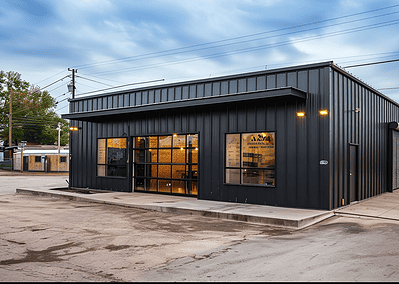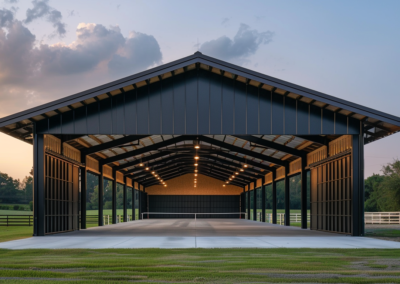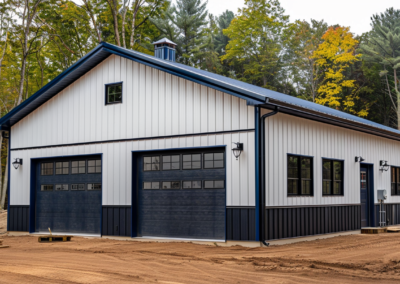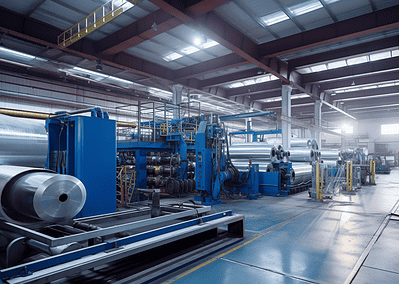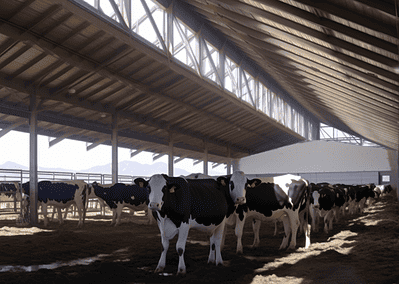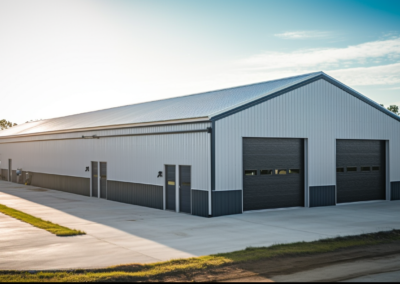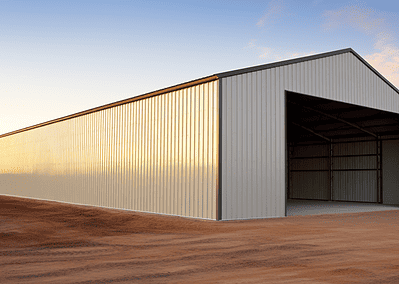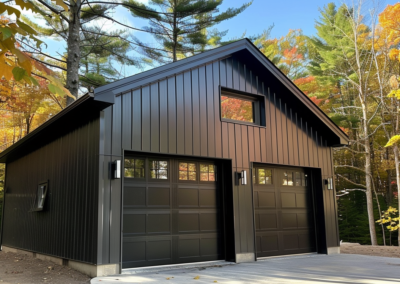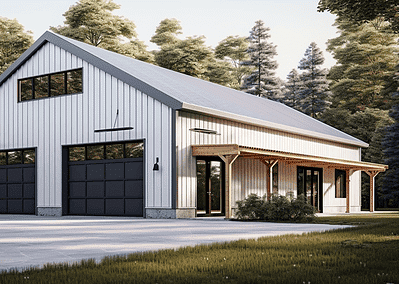Soil Testing for Steel Buildings
Home

The importance of Soil Testing for Steel Buildings
How much do you know about soil testing? While it might not be the first thing that springs to mind when considering steel building construction, it is an often overlooked yet critical process that can significantly impact the structure’s integrity and longevity.
Understanding steel building construction
In the intricate process of steel building construction, soil testing plays a pivotal role. But why is this so? The answer lies in the understanding that the structural weight of the building rests on this aspect – the building foundation . As the bedrock of a building, the foundation – and the soil it sits on – bears the immense load and pressure exerted by the structure. Therefore, before diving into the process of erecting steel frames, a thorough evaluation of the soil’s competence to withstand such pressure is imperative.
The Necessity of Soil Testing
Risk Management
Construction projects are high-stakes ventures. Investing time and resources into soil testing can help to manage potential risks, preventing financial losses and safety hazards. Not to delve into the technicalities, but bear with us for a moment – have you ever thought about what goes on below the ground of a construction site?
Geology Matters
Soil composition varies widely around the world. From sandy soils to clay and loam, each type has its specific attributes and challenges. The choice of foundation and construction method for your steel building will depend heavily on the geological attributes resident in the soil, hence necessitating soil testing.
Compliance with Building Codes
Did you know that in Canada, the Canadian Building Codes and Permits have laid down clear directives regarding soil testing prior to the construction of steel buildings? Adhering to these codes ensures that your structure meets safety standards while also ensuring an optimum cost-benefit balance in your construction project.
How Soil Testing Affects
Various Stages of Steel Building Constructions
From the early planning stages to the erection of steel frames and final inspections, soil testing affects every step of a construction project.
Project Planning
Soil testing helps to identify potential foundation problems early on, influencing the drafting of blueprints and dictating the type of foundation that is best suited for your steel building.
Erection of Steel Frames
Unsurprisingly, soil testing also impacts the erection of steel frames. The nature of the soil can greatly affect how frames are installed and the type of equipment required.
Meeting Final Inspections
Soil testing data can provide assurance to inspectors that your building is reliable and constructed on a secure foundation, meeting required permits and codes.
When discussing soil testing as part of steel building construction, we understand that it can sound a bit dry. But just remember – everything that rests, rests on a base. And ensuring that your steel building rests on a foundation that is well-suited to the ground soil will help prevent future headaches.
In conclusion, soil testing is not an area for shortcuts. It is an integral part of steel building constructions, bridging the gap between project planning and safe execution, ensuring the longevity and safety of your steel building.
Whether you’re a seasoned builder or a greenhorn in construction, always remember that understanding your ground through soil testing is an irreplaceable key to successful and safe steel building construction.
FEATURED PROJECTS
DELIVERING EXCELLENCE ACROSS INDUSTRIES
Explore our projects and witness the expertise and craftsmanship that sets us apart in every endeavor.
At Your Building Team, we recognize that your home is a true reflection of your individual style and aspirations. That’s why we take immense pride in our unwavering commitment to delivering superior craftsmanship and meticulous attention to detail. From the initial consultation to the final walkthrough, we collaborate closely with you to grasp your vision, understand your unique needs, and ensure that every aspect of your residential construction project surpasses your highest expectations.
